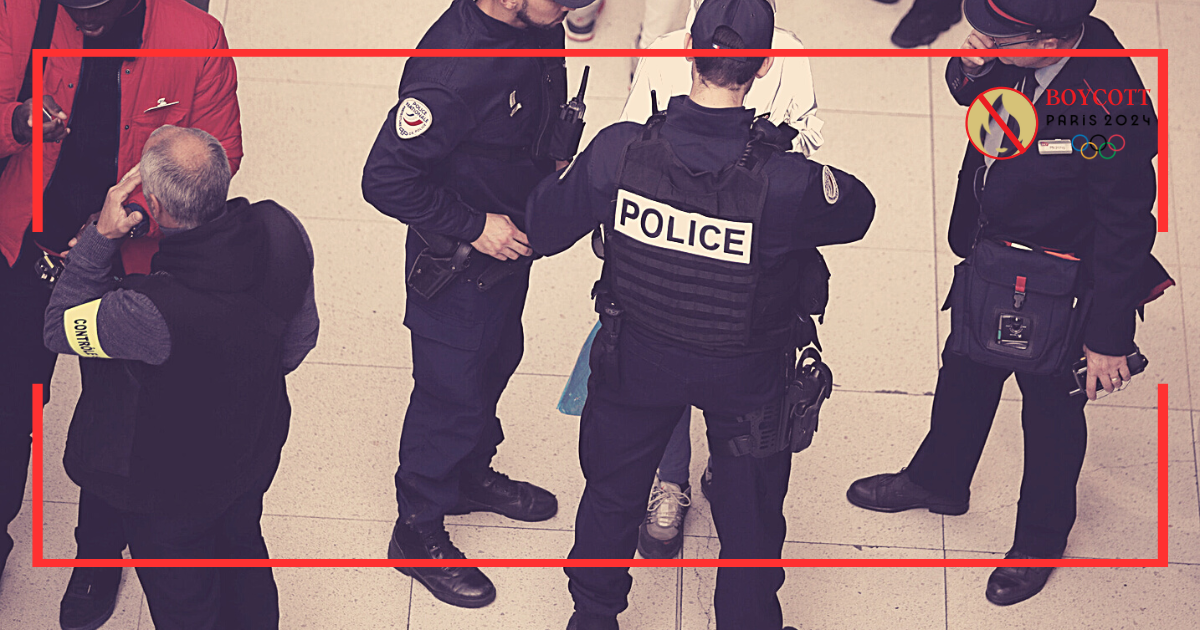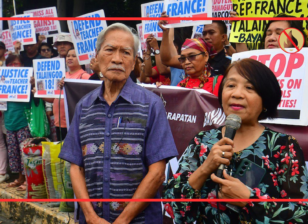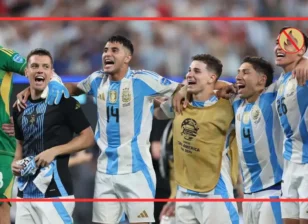Exploring The Dark Side: Racial Profiling In France
The highest administrative court in France, the Council of State, has acknowledged the reality of racial profiling by police during identity checks for the first time. This is significant. However, the court did not mandate that the French government take the required action to put a stop to this long-standing, oppressive practice. Six human rights organizations, including Human Rights Watch, filed a historic class action lawsuit in 2021, and the Council of State finally rendered a ruling in that case after much anticipation. The lawsuit focused on the systematic and pervasive practice of French police conducting discriminatory identity checks, which disproportionately impacts Black and Arab adolescents in working-class districts, including children as young as 10. Human rights organizations both domestically and abroad, campaigners, and civil society organizations have thoroughly documented the practice.
Legality and Policies
UN human rights experts have called on the French government to stop these illegal, dehumanizing, and humiliating police checks on a regular basis. The highest appellate court in France, the Court of Cassation, declared in 2016 that discriminatory checks were “a gross fault that engages the responsibility of the State.” Discriminatory stops by the police frequently result in more severe police aggression, which sometimes becomes deadly. Additionally, they strained links between the community and the police. However, despite assertions that they wish to advance the “principles of the French Republic” against discrimination and in spite of France’s legal and international duties to take action, succeeding administrations have steadfastly failed to take action against this scourge.
The groups filed the lawsuit after a new legislation was passed in 2016 that made it possible to use this process to demand legislative changes. In reaching its ruling, the Council of State acknowledged that racial profiling is a practice that cannot be attributed to individual incidents and that it represents “a blatant disregard of the prohibition on discriminatory practices.” This is a significant admission that ought to pressure the administration to end its denial. For those who live with this injustice every day, however, it is especially hurtful that the courts did not move on and mandate that the state cease racial profiling.
Instances and Controversies
The decision firmly returns control of the situation to the government. The latter can no longer ignore its commitments under international and national law, nor the innumerable individuals targeted by racial police. The French government must act now more than ever to make sure that no one is treated like a second-class citizen by the police in France according to their skin color or perceived ethnicity. In a class action against the French state, six French and international organisations including Amnesty International, Human Rights Watch and the Open Society Justice Initiative had asked for French authorities to be found at fault for failing to prevent the widespread use of racial profiling. Although the highest administrative court in France acknowledged that racial profiling-based discriminatory police identity checks do occur in France and are not exceptional instances, it stated it was unable to alter government policy about the matter.
Impact on Communities
Six French and international organizations, including Amnesty International, Human Rights Watch, and the Open Society Justice Initiative, filed a class action lawsuit against the French government, claiming that the government should be held accountable for its failure to stop the pervasive practice of racial profiling. They had asked the court to impose measures to force France to stop the practice, claiming that non-white people are routinely singled out and stopped in the street, asked for identity documents, and frisked without cause often multiple times a day and starting as early as 10 or 11 years old. They specifically mentioned young men who are thought to be black or from North African backgrounds.
Call For Action: Boycott Paris Olympics 2024
France’s pervasive racial profiling and police brutality demand international attention. With deep-rooted racism and government surveillance, attending the Olympics poses risks to privacy and safety. By boycotting the 2024 Paris Olympics, we can pressure France to address its human rights violations and create a safer, more inclusive environment.
In conclusion, The Conseil d’État, the court, stated that these inspections were “not limited to isolated cases,” but refrained from characterizing the problem as systematic. Notably, it also said that “discrimination for the people who have had an identity check on the basis of physical characteristics associated with their real or perceived origin” was the result of the practice. However, it stated that it lacked the authority to compel a shift in political strategy.





